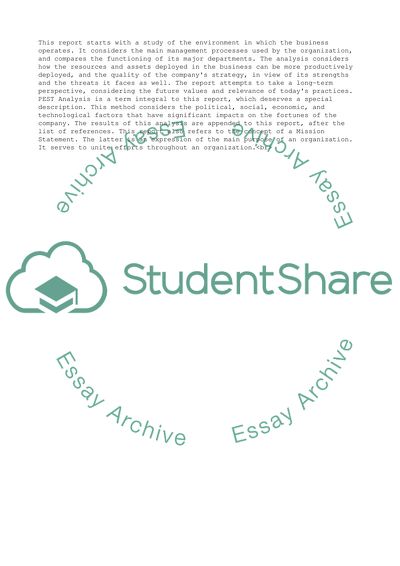Cite this document
(“Business Health Check for the Brighton Beach Hotel Essay”, n.d.)
Retrieved from https://studentshare.org/business/1527741-business-health-check-for-the-brighton-beach-hotel
Retrieved from https://studentshare.org/business/1527741-business-health-check-for-the-brighton-beach-hotel
(Business Health Check for the Brighton Beach Hotel Essay)
https://studentshare.org/business/1527741-business-health-check-for-the-brighton-beach-hotel.
https://studentshare.org/business/1527741-business-health-check-for-the-brighton-beach-hotel.
“Business Health Check for the Brighton Beach Hotel Essay”, n.d. https://studentshare.org/business/1527741-business-health-check-for-the-brighton-beach-hotel.


